Innovation in healthcare is transforming patient care, access, and outcomes at an unprecedented pace. From AI-driven diagnostics to telemedicine and personalized medicine, this wave of innovation in healthcare is fundamentally reshaping the industry.
-
Innovation In Healthcare & Health Information Management
- Artificial intelligence what is?
- Artificial intelligence versus Machine learning
- What is the difference between AI and machine learning?
- Innovation In Healthcare Trends & Outcomes Challenge
- The Israeli Innovation In Healthcare Sector and AI
- The Mosaic Project: A National Initiative for Personalized Medicine
- Innovation In Healthcare - Case Studies
- Source & Credits:
- To Stay Ahead: Innovative Marketing Techniques
- Health And Wellness: Creating Balance In Body And Mind
- Innovation: Turning Challenges into Solutions
We’ll explore the exciting trends and technologies driving this rapid evolution, and discuss how healthcare innovation is creating a more efficient, accessible, and patient-centered future. This is the new frontier of wellness.
Healthcare technologies: Startups in Israel tackle some of today’s toughest and most complex healthcare challenges.
Innovation In Healthcare & Health Information Management
Artificial Intelligence (AI) has been making significant strides in recent years and is now an integral part of our everyday lives. Healthcare providers need to understand AI and its implications for patient care. Medical innovations typically involve technologies designed to help prevent diseases.
Artificial intelligence what is?
Artificial Intelligence (AI) is using computers to simulate human intelligence processes. It includes expert systems, natural language processors, speech recognizers, and image analyzers.
Artificial intelligence versus Machine learning
Artificial intelligence (AI) is about doing things humans do quickly and efficiently but at a lower cost than humans. Machine learning is a subcategory of artificial intelligence that allows computers to learn from experience and improve their performance through repetition.
AI is all about automating tasks that humans perform; machine learning is a subset of AI that enables computers to learn from our experiences and improve their performance by repeating them.
What is the difference between AI and machine learning?
Artificial intelligence (AI) is a technology that enables a machine to simulate human behavior. Machine learning is a subset of AI that enables a machine to automatically learn from past data without explicit programming. AI is working to create an intelligent system that can perform various complex tasks.
Innovation In Healthcare Trends & Outcomes Challenge
Healthcare innovation trends like AI, telemedicine, and wearables aim for better outcomes but face challenges in data privacy, regulation, and integration. Achieving widespread adoption and demonstrating clear value are crucial hurdles. Success demands user-centric design, addressing ethical concerns, and proving cost-effectiveness to transform healthcare delivery and patient well-being.
The Israeli Innovation In Healthcare Sector and AI
The intersection of healthcare and Artificial Intelligence (AI) is a rapidly evolving field globally, and Israel is emerging as a significant hub for innovation in this domain. Several initiatives and projects are underway in Israel that aim to leverage AI to improve healthcare outcomes, enhance efficiency, and personalize medicine.
The Mosaic Project: A National Initiative for Personalized Medicine
One prominent project is the Mosaic Initiative (Psifas in Hebrew), Israel’s National Genomic Medicine Initiative. Launched in March 2023, Mosaic is a collaborative effort involving the Israeli Ministry of Health, the Israel Innovation Authority, the High Council of Education, the Digital Israel Bureau, the Ministry of Treasury, and the Medical Corps.
Key aspects of the Mosaic Project include:
- Large-scale data collection: Gathering health data and biological samples (for Whole Genome Sequencing) from hundreds of thousands of volunteers to establish a comprehensive community of participants.
- Focus on population diversity: Developing a unique infrastructure to facilitate studies based on the advanced integration of community and hospital longitudinal retrospective clinical data, fully sequenced genomes, and a platform for patient recall, specifically tailored to the diverse ethnicities within the Israeli population. The Israel Reference Genome Study (IRGS) is part of this initiative, aiming to develop comprehensive germline genomic maps for 63 unique Israeli subpopulations.
- Personalized medicine ecosystem: Creating synergy between the biomed industry, health organizations, and academia to build an efficient framework for innovation, leading to better treatments and prevention strategies.
- Advanced molecular analysis: Championing the advanced molecular analysis of biosamples.
- Strategic alliances: Involving major Israeli hospitals, Health Maintenance Organizations (HMOs), academia, and industry.
- Leveraging existing infrastructure: Deploying massive clinical data layers based on modern existing Electronic Health Record (EHR) systems.
The Mosaic Project aims to position Israel at the forefront of global innovation in personalized medicine by enabling tailored treatments based on an individual’s genetic predispositions, immune profile, health history, and lifestyle.
AI Integration in Israeli Healthcare: Beyond Genomics
Beyond the national Mosaic project, various other initiatives and organizations are driving the integration of AI into different aspects of healthcare in Israel:
- Sheba Medical Center has launched a comprehensive AI program encompassing an AI Center, an AI-powered emergency department (“Project K”), and an AI Academy to train medical professionals in AI-supported clinical decision-making.
- Clalit Innovation operates a Genomic Center that provides whole-exome and genome sequencing, advanced bioinformatics, and analysis of genomic variants, contributing significantly to precision medicine. They also have a Biobank to promote personalized medicine research.
- AI Startups: Israel boasts a thriving ecosystem of AI-driven healthcare startups focusing on various solutions, including rare disease diagnostics (Impilio), wellbeing platforms (Kai.AI), prediction of pregnancy complications (Shela Health), personalized drug dosing (Predose), and AI nutrition tools (AnyDish).
- Government Support: The Israeli government actively supports the development and adoption of AI in healthcare through funding from the Israel Innovation Authority (IIA) and collaborations between governmental hospitals and AI technology companies. The Ministry of Health is also exploring ways to integrate artificial intelligence (AI) into the healthcare system.
- Digital Health Initiatives: The government approved a National Digital Health Plan in 2018 to create a digital database of medical records accessible to researchers and enterprises, aiming to improve diagnostics and treatment through the use of AI tools.
- RISE Israel, with support from Google.org, is undertaking projects such as “AI for Health” to explore how AI can address challenges related to the aging population, including preventive care, loneliness, and improving healthcare system efficiency.
- HealthIL: Acts as an organization that empowers healthcare systems in refining innovation infrastructures and connecting them with relevant tech solutions, fostering collaborations between startups and healthcare organizations.
- The Israeli Society for HealthTech (ISoH-Tech): Works to advance the integration of innovation and healthcare entrepreneurship into medical practice, including the adoption of AI technologies.
Focus Areas of AI in Israeli Healthcare
The application of AI in Israeli healthcare spans several key areas:
- Diagnostics: AI algorithms are being developed to analyze medical images, detect anomalies, and assist in the diagnosis of various conditions, including rare diseases and cancer.
- Personalized Medicine: Leveraging genomic data and AI to tailor treatments to individual patient characteristics.
- Drug Discovery and Development: AI is being utilized to expedite the identification of potential drug candidates and refine drug development processes.
- Digital Health and Telemedicine: AI-powered platforms are being developed for remote patient monitoring, virtual consultations, and personalized health management.
- Healthcare System Efficiency: AI is being explored to streamline administrative tasks, optimize resource allocation, and improve the overall efficiency of healthcare operations.
- Mental Healthcare: Generative AI platforms are being developed to improve accessibility and support mental health professionals.
Challenges and Considerations
While Israel is making significant strides in integrating AI into healthcare, some challenges and considerations remain:
- Data Privacy and Security: Ensuring the privacy and security of sensitive patient data is paramount when utilizing AI algorithms that rely on large datasets.
- Regulatory Framework: Establishing clear regulatory guidelines for the development and deployment of AI-based medical devices and software is crucial.
- Ethical Considerations: Addressing ethical concerns related to bias in AI algorithms and the impact on the patient-physician relationship is essential.
- Interoperability: Ensuring seamless integration of AI solutions with existing healthcare systems and data formats is vital for effective implementation..
Israel’s “Mosaic Project” – Conclusion
Israel’s “mosaic project” in healthcare and AI is multifaceted and dynamic. The national Mosaic Initiative for personalized medicine, combined with the innovative efforts of hospitals, startups, and government-backed programs, positions Israel as a leading innovator in this transformative field. By leveraging its strong technological ecosystem and collaborative spirit, Israel is poised to make significant contributions to the future of AI-driven healthcare, both domestically and globally.
Innovation In Healthcare - Case Studies
Case study #1
Roche invests millions in Israel’s healthcare sector, tapping into the country’s digital healthcare boom.
Roche is investing millions in Israeli health tech startups to accelerate the development of diagnostic technologies. This is the first time the Swiss company has participated in a venture of this scale.
The pharmaceutical giant has partnered with aMoon, an Israeli venture capital firm specializing in health technology and science.
The “StarFinder Lab” collaboration aims to help young startups develop innovative diagnostic tools to tackle global healthcare challenges. These tools will focus on AI-powered solutions, machine learning models, and other creative digital healthcare applications.
Case Study #2
A skin sticker that can diagnose tuberculosis. Technion scientists invent the A-Patch, providing a cheap, quick, and non-invasive method for analyzing a disease that affects millions in the developing world.
Researchers at Israel’s Technion have developed a revolutionary method of diagnosing tuberculosis without blood samples, X-rays, or other invasive procedures.
The new method, A-Patch, uses a sticker that absorbs compounds released by the skin upon contact. The compounds are then analyzed by an artificial intelligence-based system, which can quickly and accurately determine whether an individual has tuberculosis.
Clinical trials of A-Patch, conducted in India and South Africa, demonstrated high effectiveness in diagnosing tuberculosis, with a sensitivity of over 90% and a specificity of over 70%.
Case study #3
Ibex is a Provider of AI-based analytic solutions for cancer diagnostics
Provider of AI-based analytic solutions for cancer diagnostics. The company has developed an analytical and diagnostic platform called the GALEN platform, which assists with treatment diagnosis and planning.
Other products, such as First Read and Second Read, utilize AI technology to diagnose cancer through pathological image analysis.
The platform uses computer vision-based image analysis and machine learning technologies in digital pathology.
Case study #4
Healthy.io Home-based urine analysis using the smartphone
Healthy.io (formerly OwnHealth) has developed an app that utilizes image-recognition technology, enabling doctors to diagnose their patients more effectively.
It has leveraged smartphone and cloud technology to provide the benefits of color-based healthcare and medical imaging.
It claims that the app can read images of test strips photographed by the user, regardless of the smartphone operating system or the lighting condition under which the photo was taken.
Minuteful for Wound helps clinicians make better care decisions by allowing them to capture wounds with their smartphone cameras and analyze their progress accurately. The care team can securely use and share wound data.
Detect undiagnosed CKD—Ten percent of Britons are at risk for chronic kidney disease (CKD), but most don’t do their annual urine test because life gets in the way. Minuteful Kidney enables people to conduct the test at home with a smartphone, enabling early detection.
Case study #5
MDIHEALTH: Manage patient medication therapy quickly and effortlessly with MDI’s identification, analysis, and monitoring platform. A Paradigm Shift in Medication Treatment
Current solutions focus on 1:1 interactions and adherence, resulting in partial analyses, laborious processes, and a lack of standardization in outcome quality.
In contrast, MDI’s proprietary technology performs optimized, multi-drug analyses to generate comprehensive medication reviews within minutes and at scale, resulting in consistent, high-quality outcomes.
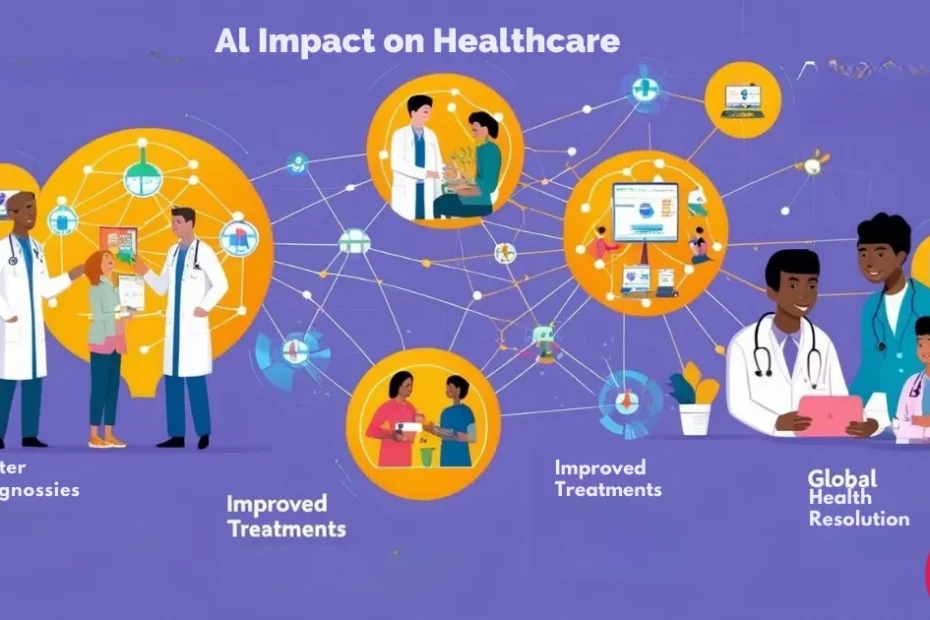
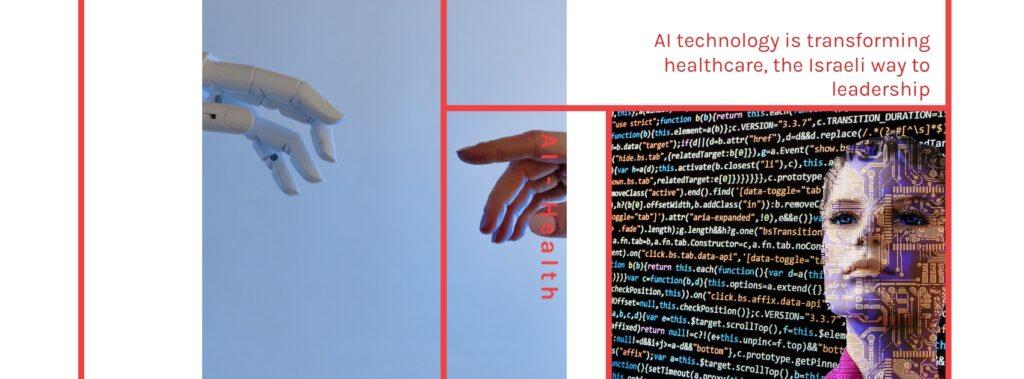
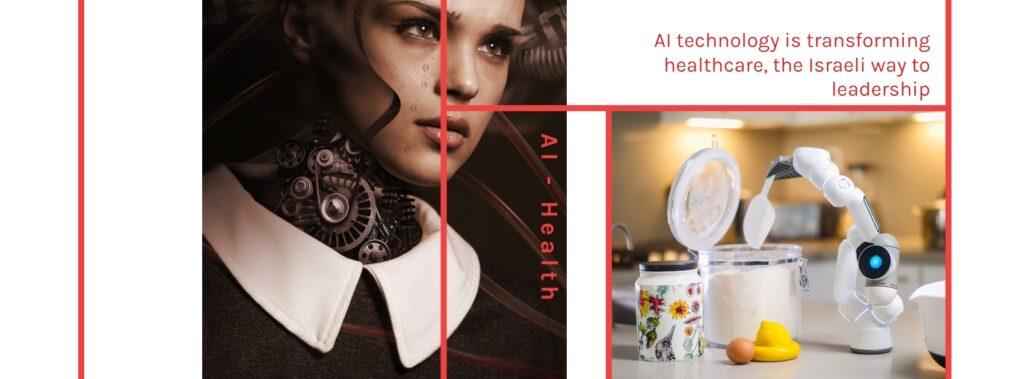
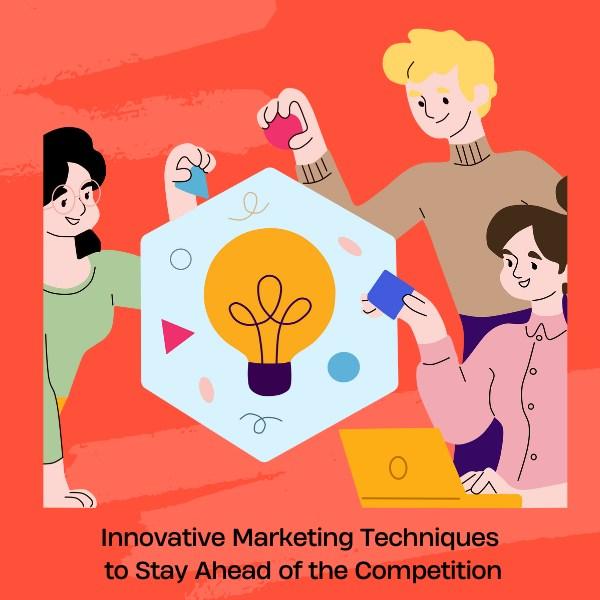
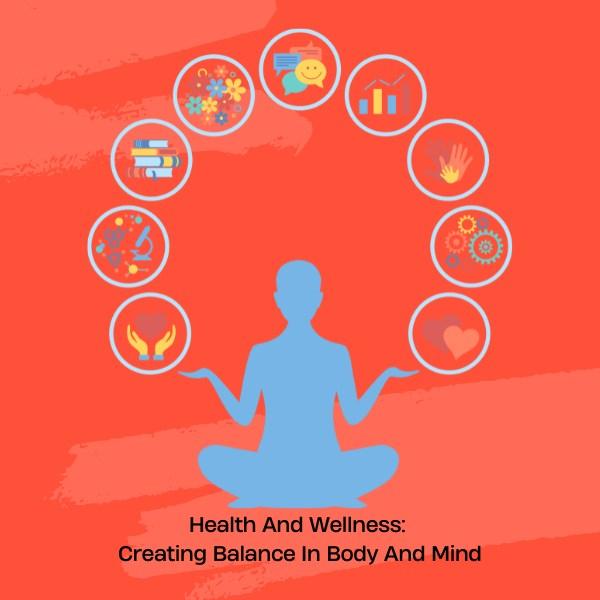
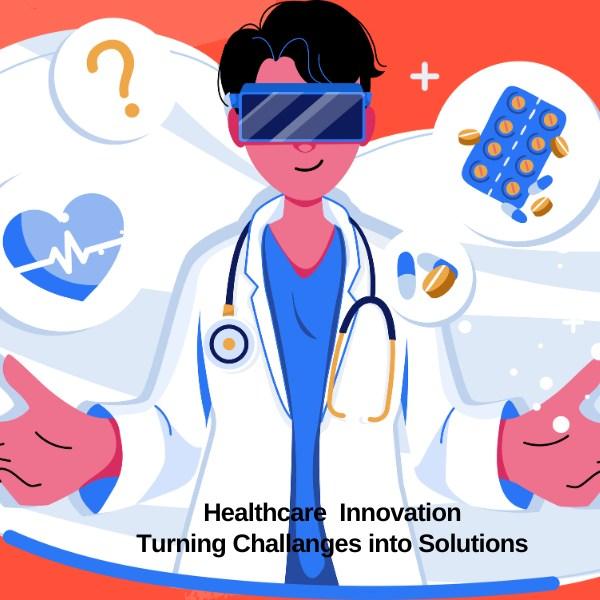
We were taught this in computer and I found it really boring
Your blog post makes it interesting and Easy to understand??
Thanks Anita
You’re welcome
thank you for sharing this! content really is king when it comes to blogging
Thank you for the response. Hope to cooperate soon
Breakthroughs in healthcare innovation are changing the game! Precision medicine, wearable devices, and personalized treatments are paving the way for better patient outcomes
The healthcare industry is constantly evolving, and it’s important to stay up-to-date with the latest trends and innovations.
It’s incredible to see how AI, robotics, and digital health tools are transforming patient care. The pace of innovation is faster than ever—excited to see what’s next!
Let’s not forget the role of data and predictive analytics in preventing illness before it starts. Innovation isn’t just treating disease—it’s changing how we think about health